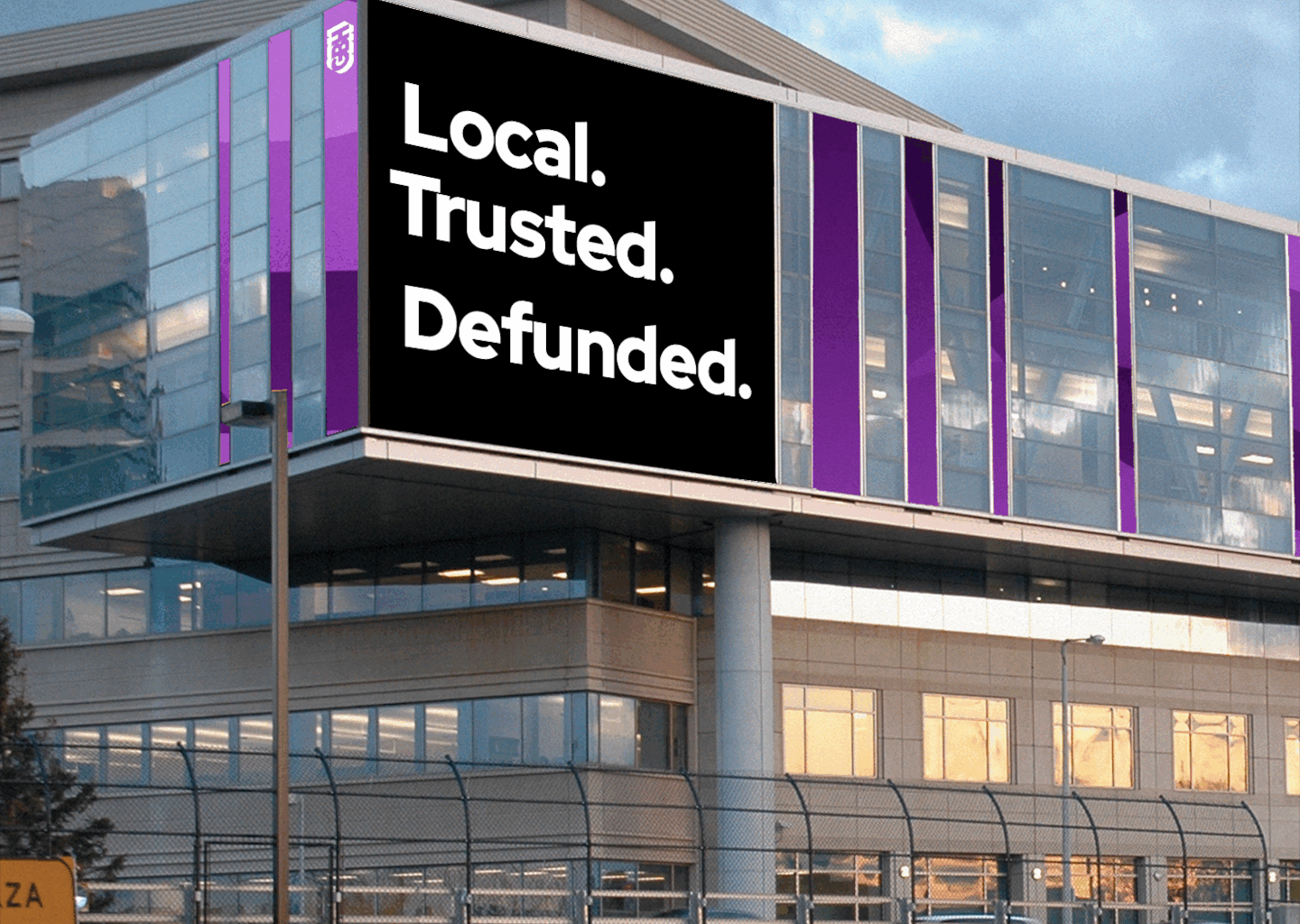“The media business is changing, and we are on a path to go from a linear television and terrestrial radio company, which is where we began, to become a digital news and information company,” Goldberg said.
She said Congress’s recent move to cut public media funding had hurt, but she is looking to the future. “For all the terrible things I will say about it, one of the good things is that it will really spur us to have more even more urgency around this reinvention for our future.”
The layoffs at GBH are among the first immediate cuts in public media after Congress last week approved President Trump’s $9 billion rescissions package, $1.1 billion of which hit public broadcasting. GBH laid off 7 percent of its staff earlier this year due to financial challenges, which included cuts to federal grants before the passage of the rescissions package.
The latest layoffs will begin in September and continue through the end of the calendar year, Goldberg added.
While the canceled funds will have an outsized impact on smaller and more rural public radio and television stations — some of which are expected to shut down — larger public media organizations such as GBH will also have to contend with significant losses to funding.
One of the largest producers of PBS programming in the country, GBH also operates an NPR station and creates educational content. GBH receives about $18 million in federal funding in total, amounting to roughly 8 percent of its annual revenue. But because other stations across the country pay to license programs such as Frontline and NOVA and may no longer be able to afford them, GBH’s funding losses are expected to be even larger.
Like other public media organizations, GBH will now have to find additional revenue to offset the loss of federal funding. After Congress approved the rescissions package last week, Goldberg sent a email to GBH supporters asking for donations.
“As the producer of iconic PBS shows like NOVA, FRONTLINE, and Arthur, GBH likely helped shape your world if you grew up watching public media,” Goldberg wrote. “Now we’re asking you to help shape our future.”
Even before the cuts to federal funding, the business model for public media organizations had come under immense pressure. Both GBH and WBUR, Boston’s other NPR news station, have invested in digital media, podcasts, and events to reach audiences where they are, but have to compete with other podcasts, streaming services, social media, and other new forms of media for audiences’ attention.
“GBH is not going anywhere. We are going to fight for our future,” Goldberg said Tuesday. “We’ve been in business for 75 years, and that is a lifetime, and what we are going to do is figure out how we can serve the public for another lifetime to come and beyond.
Both Boston stations cut staff a year ago due to budget deficits. WBUR avoided cuts this year, thanks in part to an inaugural festival with headliners such as Ina Garten, Anthony Fauci, and Roxanne Gay that its leaders hope can be a key component of its future.
But in her own letter to supporters last week, WBUR chief executive Margaret Low said that the station will have to rely more on its donors going forward.
“This won’t be a one-time fix. You’ve already stepped up and we’re very grateful,” Low said. “Please know that we’ll be counting on your ongoing support to help keep WBUR strong.”
Aidan Ryan can be reached at aidan.ryan@globe.com. Follow him @aidanfitzryan.
